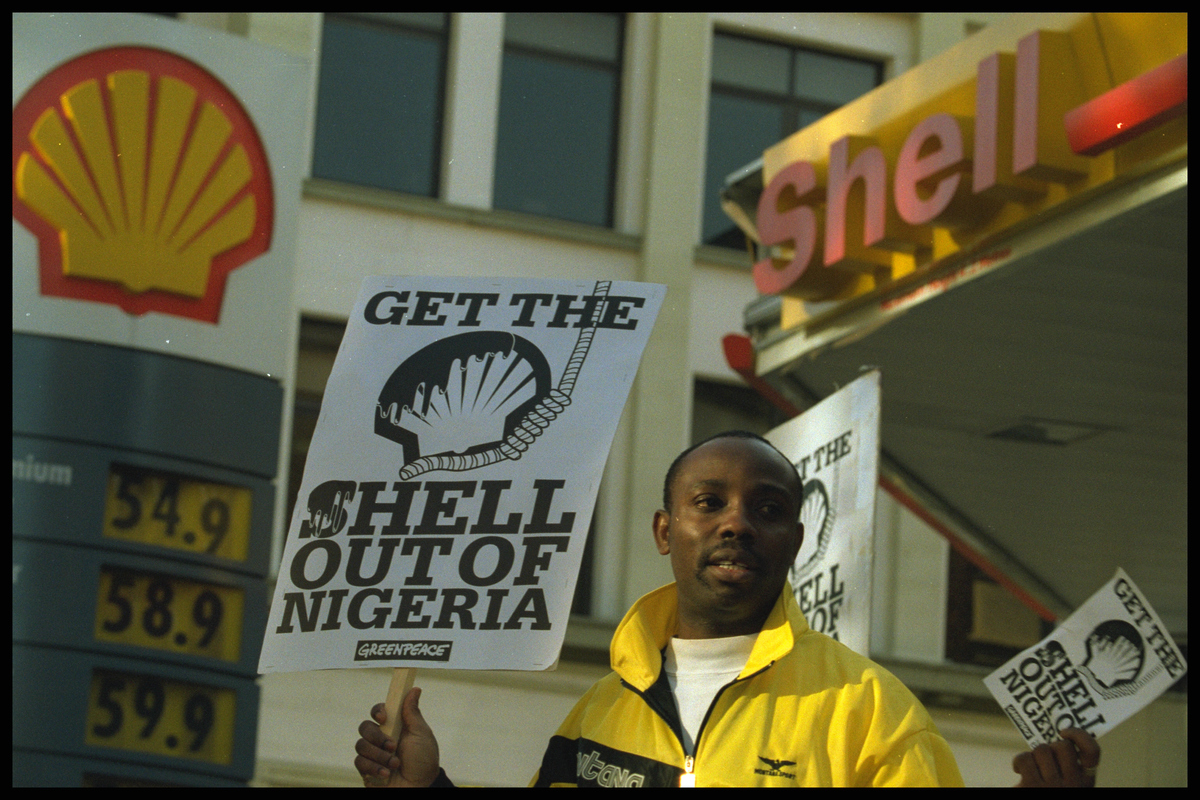
It’s obvious. A no-brainer. But it’s a simple concept that the fossil fuel industry has a lot of trouble with.
What you reap is what you sow. Do the crime, do the time. However you want to say it, there is widespread acceptance of the principle that if you do something wrong or make a mistake, it’s your responsibility to remedy it. If the damage is irreparable, you still need to compensate communities.
Explore why it is imperative that the coal, oil and gas companies that have made the largest contribution to the climate crisis are held accountable for the devastation they have unleashed.
Make Polluters Pay: A call for accountability
The Polluter Pays principle is a fundamental concept in environmental ethics and international law. It underscores the idea that those responsible for environmental harm should take financial responsibility for rectifying the damage they have caused. Paying for damage is not a licence to pollute. The fossil fuel era needs to end quickly. But while the world phases out coal, oil and gas, the biggest polluters need to pay for the harm their operations are causing.
All pain, no gain: The disproportionate burden on the Global South
One of the most compelling reasons for fossil fuel companies to pay for the damage they have caused is the fact that the costs of their actions are overwhelmingly borne by communities in the Global South. Finance is clearly key but It is important to stress that the principle isn’t all about money. Much of what the fossil fuel industry destroys cannot be repaid with money. Life, culture, nature and security for future generations are priceless. But finance can pay for things like the rebuilding of infrastructure and emergency relief.
Many Global South communities bear all the negative impacts of the climate crisis and fossil fuel extraction while the profits go offshore. Impacts like extreme weather, industrial scale pollution, political corruption and major biodiversity impacts caused by drilling operations are outsourced to communities in the Global South. Ordinary people are left to deal with the problems alone, while a handful of companies and executives in the Global North become obscenely rich. This glaring discrepancy is an ethical and environmental injustice that must be addressed.
Governments in the Global South have an obligation to their citizens to seek compensation for historic climate damage and future impacts from the corporations most responsible for the climate crisis.
Case Study: Shell in the Niger Delta
Let’s take a closer look at a real-world example to illustrate the point. Shell, a company based in the UK, has been involved in oil extraction in Nigeria’s Niger Delta for decades. Shell’s operations there have resulted in extensive environmental degradation, the destruction of ecosystems, the disruption of local communities’ livelihoods and grievous human rights abuses visited upon the brave activists who dare to oppose Shell. The State has often appeared to act as Shell’s private security arm, and those who speak out against Shell have faced harassment, violence, and even death. This is an alarming, but by no means isolated, testament to how the fossil fuel industry prioritises profit over the well-being of local communities and the environment.
The people of the Niger Delta say they have suffered the consequences of oil spills, gas flaring, and toxic pollution, which have had devastating effects on their health, agriculture, and access to clean water. Some critics have gone so far as to accuse Shell of ecocide; destruction of the natural environment by deliberate or negligent human action.
Media Communications Lead for Oilwatch Africa, Kome Odhomor, says that as we remember the Ogoni 9, it is time to call for justice against the impunity and injustice happening in Ogoni and the Niger Delta:
“In 2021, the Nigerian government granted pardon to the Ogoni 9. It is shocking to see that instead of a complete exoneration, a mere pardon was granted.”
“It is time to ask for a complete implementation of the clean up of the Niger Delta region, which has been the call of Ken Saro-Wiwa and other Ogoni leaders that were killed in their struggle to protect the environment.
“This is the time for everyone to continue to speak up against environmental injustice, the decay and the degradation happening not just in Nigeria but across Africa. Now is the time for the right thing to be done.”
Why action is imperative: COP28 and beyond
As we approach COP28, it is critical that we put a spotlight on the Polluter Pays principle and the urgent need for fossil fuel companies to stop drilling, start paying for the damage they have caused, and commit to a fossil fuels phase-out. People everywhere must push for concrete action and hold these companies accountable for the harm they have inflicted on our planet and its most vulnerable populations.
The Polluter Pays principle is about more than ethics; it’s a fundamental tool for achieving climate justice. We must demand that fossil fuel companies bear the true costs of their actions, especially when the burden is disproportionately shouldered by the Global South and by the most vulnerable communities everywhere.
Shell’s destructive operations in the Niger Delta is just one of many examples that demonstrates the stark contrast between profits and impacts and the true price of fossil fuels. The imperative is clear: it’s time for the fossil fuel industry to make amends, transition away from fossil fuels, and pay for the damage they have caused. This is our collective responsibility as stewards of the planet, and it is a responsibility that we cannot afford to shirk.
Martin Zavan is the communications lead for Make Polluters Pay at Greenpeace International
Quinndy Akeju is the TikTok manager for Fossil Free Revolution at Greenpeace Netherlands
